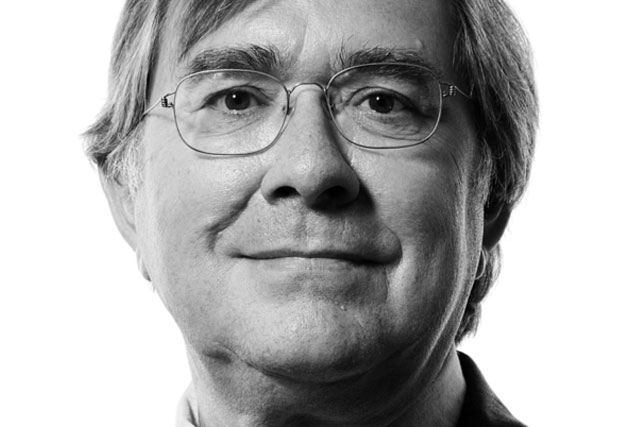Big brands like to use big names to enhance and promote their brand: celebrity endorsements exploit the celebrity and their reputation to help underpin the brand’s value.
But celebrities sometimes misbehave, so it’s important for brands to be prepared legally.
Sexual misdemeanours, as with Tiger Woods, and drugs offences are obvious nightmare scenarios, but even minor indiscretions causing media publicity can rock the brand boat.
Some celebrities have the potential to cause much more damage than others, for example when John Galliano hit the headlines over anti-Semitic accusations resulting in a temporary exodus from Dior.
But celebrities can reinvent themselves and recover from disgrace.
It was not long ago that Kate Moss checked into the Priory for drug abuse, potentially scuppering Burberry’s campaign, but she came back and the brand prospered.
Minimising the risk
So what should the brand owner do to protect itself from celebrities who misbehave?
The brand owner takes the risk but, as with all campaigns, the important thing is to minimise that risk. Is the celebrity right for the product, or at all?
Are they a potential hell-raiser? Charlie Sheen, for example, would probably not be a good choice for advertising sparkling mineral water.
The celebrity is going to be an ambassador for the brand and its reputation and therefore their character and personality is something that needs to be carefully evaluated before signing them up and deciding how long for - five years with a celebrity who fouls up after one is a very long time and an expensive mistake.
Kate Moss had an enduring appeal but others do not. 北京赛车pk10s have to be abandoned, and that’s very expensive: protection is needed.
Morality/disgrace clauses - celebrity warranties
Besides doing appropriate due diligence, the sponsorship contract should have what is called a 'death and disgrace' or 'morality' clause inserted.
Such a clause, apart from covering death, demands appropriate behaviour by the celebrity - including not being derogatory about the brand - and conditions that would include not taking drugs or committing criminal offences or sexual misconduct, etc, and also a warranty that there are no unhelpful skeletons in the closet.
It is possible for a brand owner to require the celebrity to conduct himself in such a manner which meets with the brand owner’s approval so that, if the celebrity does something which the brand owner does not like, then there is an opportunity to terminate the contract.
However, it is important to be aware that there is a danger in such a clause being too oppressive and therefore unenforceable.
The morality clause gives the brand owner an available exit and possible compensation from the offending celebrity.
Combined with staggered payments to the celebrity there is some fall-back.
Insurance
Insurance is a further option but that can be expensive and the insurer, not the brand owner, will usually decide what is appropriate or inappropriate regarding morality clauses.
There is also a limit to the cover that can be given. In an advertising campaign where there is substantial TV advertising which may have to be abandoned, most insurers will probably only cover reshoot costs.
They will not cover lost revenue simply because it is impossible to estimate what revenue might have been achieved.
That wouldn’t be the case with, for example, a film series with a proven track record like James Bond or the Harry Potter films, but in general terms it is too remote.
Many brand owners will probably find themselves in a situation where they either make a big claim or they don’t bother.
If things go wrong the brand owner is usually anxious to cut and run as quickly as possible and to minimise damage to the brand.
Only where the outlay is very substantial, or the celebrity is so tied into the brand that the fall out is considerable, do brand owners claim.
But even then sometimes the risk is too great to insure. TV reality programmes are a case in point.
In the UK programme makers don’t insure. In the US, on the other hand, where audiences are much bigger, they do.
Celebrity endorsements can work and can do wonders for a brand, but you need to exercise skill, judgment and do sufficient due diligence before you take the plunge.


